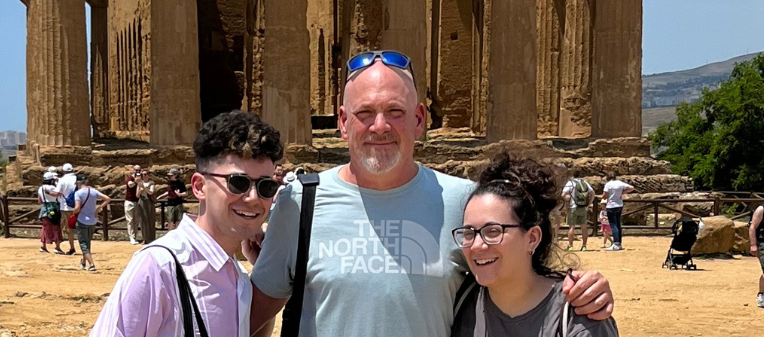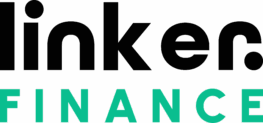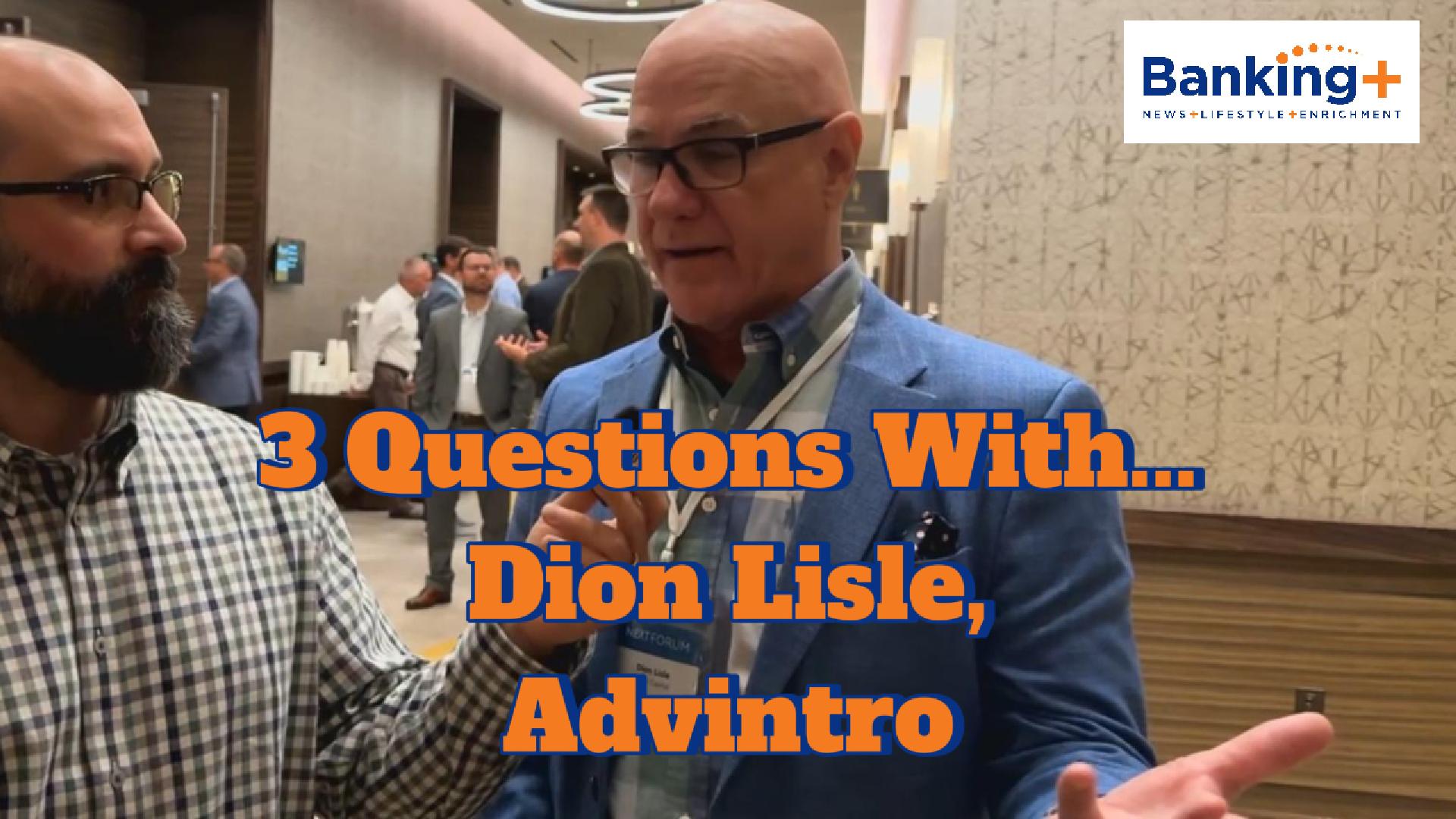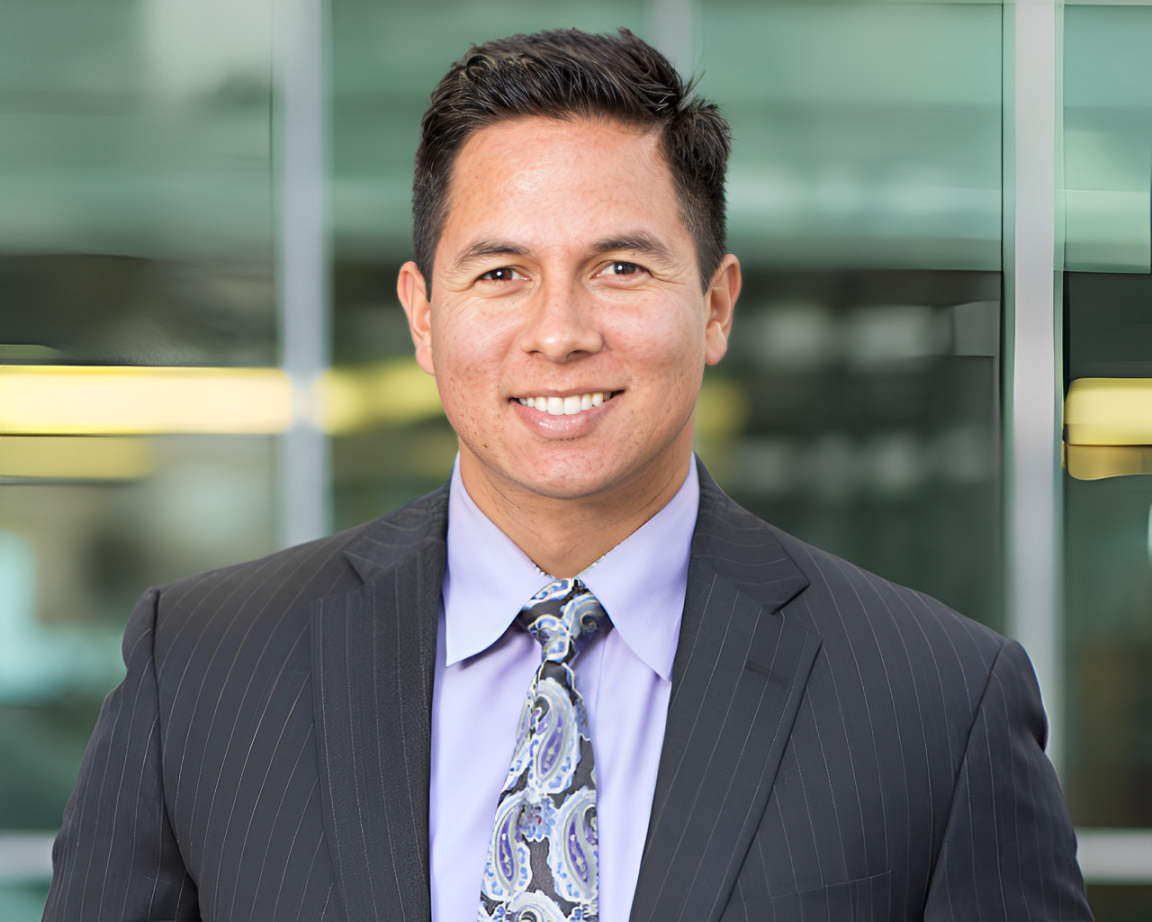Part 1 of Bob Marino’s financial services career recap began with his early experience in sales, hawking hotdogs, soda, and soft pretzels between his South Philadelphia neighborhood and Center City Philadelphia. That entrepreneurial spirit—atop a consistent get-it-done attitude—has informed his career decisions from those early days to today.
When the first installment of his tale wrapped up, Marino had agreed to establish a cash management sales group for National Penn Bank.
He hadn’t however, told his wife of the position’s particulars. Like the one involving no base salary and earnings comprised solely of 40 percent of his first-year annualized revenue from sales.
Part 2 of this professional profile opens exactly where Part 1 left off: Marino finds himself in the unenviable “Lucy Ricardo” spot of having some explaining to do.
Marino Takes a Bold Step: His Wife’s Support Behind Him
Marino, heading inside the house, hit his welcome mat and the look on his wife’s face told him everything. The news of his unconventional compensation arrangement had been leaked.
“When I got home,” he says, “she opened the door. She’s holding my daughter—our first-born—and asking, ‘What kind of person takes a zero-base salary when they have a stay-at-home mom and a one-year-old and basically no income?’”
He mentally filled in the gaps, correctly deducing that one of his new bosses must have called to congratulate the Marino family on Bob’s new position. “Back then there were no cell phones. He called looking for me, but he got her and spilled the beans,” he said.
He did his best to assure his spouse that everything would work out.
“I said, ‘Let me give this a try. This is an opportunity to do something special, do something meaningful.’”
Marino’s spouse parked her skepticism and agreed that he should go ahead with his unique pay arrangement.
Later in his life, he fondly remembered the behind-the-scenes support. It became even more poignantly meaningful after her untimely passing in 2001.
“She was my biggest cheerleader,” he recalls. “Her belief in me was something I could always lean on.”
National Penn to Valley Green Bank
The career move paid off, as it marked the start of his success at National Penn Bank, where he remained commission-only for five years (1995–2000). This decision was pivotal, teaching him the value of taking and leveraging career risks.
Marino built the cash management department and established a new government banking department in 2001. By 2006, he became president of the Southern Division, overseeing 30 branches, $2 billion in assets, and three commercial loan centers.
Things at Nat Penn went well—until the 2008 financial crisis rocked the industry nationwide.
“It was August 2009,” he remembers. “We were smack in the middle of the financial crisis, and National Penn had basically shut the spigot off, not doing loans.
“The region I had, had 200–250 employees. I took the nine best people, and I said: ‘I’m going to be making a move. I don’t know where to yet. But we can’t continue to operate and not make loans.’”
He went and talked to “…about eight different banks. Some were much larger than Nat Penn ($10 billion in assets). Some were smaller.
“I reached out to one of the smallest banks, Valley Green, which was $100 million in assets. It was a new bank, about three years old, with two branches, and just hit profitability.”
Marino reached out to Al Thorell, a friend and chairman of Valley Green Bank, for advice. Thorell introduced him to Valley Green’s CEO, Jay Goldstein, and the two quickly connected.
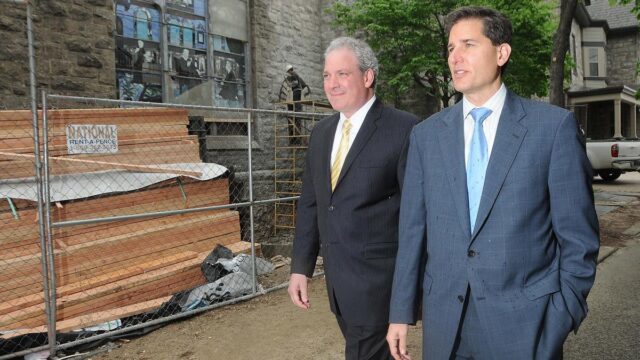
Over a breakfast meeting, they mapped out plans—sketching on the back of a traditional paper napkin—to bring Marino’s team of nine to Valley Green, raise more capital, and expand the bank’s loans, deposits, and assets. The proposed org chart also contained a startling structure: All the team members would be encouraged to become shareholders at a buy-in level they determined for themselves.
It was a ground-breaking move, especially during the then-current financial woes.
Much to Bob’s surprise, The Philadelphia Inquirer covered this lift-out on the front page of its business section. The reporter’s focus was not only on Marino’s unusual professional shift but also on the exit of an entire team from a large bank to a tiny start-up. In the uncertain business conditions of the time, a move like this was unprecedented.
In typical Marino fashion, he took every liquid dollar he had and invested it in the bank, including his entire self-directed IRA. In essence, he again, was betting the South Philly farm on himself and his team.
Valley Green CEO Goldstein made Marino the president and gave him a seat on the board. The new team officially joined Valley Green on January 5, 2010, marking the beginning of Marino’s leadership there.
The Small Bank Advantage
The transition from managing a $2-billion piece of a $10-billion bank to a much smaller $100-million institution took some acclimation.
“… [W]hen you go from a company that had 1,000 employees to one that had 16—and that increased to 25—suddenly you’re going to wear a lot of different hats and manage the merging of cultures. You’re going to do all kinds of things for yourself, even down to making your own copies.”
Marino found that the streamlined workforce and focused bank environment provided enormous advantages in efficiency. Responsiveness and problem-solving abilities skyrocketed, and deals closed faster. A clearer example would be how small banks pivoted more successfully than their megabank counterparts to the new lending environment of the pandemic’s PPP loan program.
This transactional agility became Valley Green’s “secret sauce,” that is, the key to its explosion and very profitable subsequent sale in 2015 to Univest.
“At the time it was kinda record-breaking,” he recalls. “I mean, it sold for approximately 2.3× book. That would be like buying a stock for like $9 and overnight, selling it for roughly $27.
“I think in the 10 years prior and now 10 years after, there has not been a bank sold with shareholder profit like that.
“At least none that I can think of.”
Marino’s Post Valley Green Career
When the “small/local bug” of financial services bites, it bites hard. Now having a taste of the small community bank feel, Marino would make a few stops over the next 14 years. He became an investor, a co-founder, and held board seats and/or president roles for:
- Spring Garden Lending, a business and commercial real-estate lender based in Center City Philadelphia
- Huntingdon Valley Bank (HVB), a community bank in Bucks County, Pa., founded in 1871
- Trusted Land Transfer, where he is now the Executive Chairman and part owner
Travis Thompson, Chairman & CEO of HVB and the board asked Marino, now President and Vice-Chairman, to help them get to the next stage of this bank’s story. “We knew what we had to do: continue to grow the company by hiring great people.”
“The bank had, in effect, been a Savings and Loan for 150 years. Our vision was to diversify the portfolio, and the best way to do that was to build a commercial bank. And we did,” he explains.
Before long, banks that wanted to expand and enter the Philadelphia market came knocking.
HVB Sold for a Premium
Marino’s library of success continued to grow, adding yet another volume to an already illustrious banking career. There were several banks interested in buying HVB. Ultimately, in June of 2023, it was sold to a new bank entering the Philadelphia market, First Citizens Community Bank (FCCB), who paid over 1.6× book value for the bank. This was a huge testament to HVB’s value and Marino’s ability to help pen best-sellers.
As such, another chapter of Marino’s successful banking career was closing. But a new one was about to open.
Marino’s Expertise Meets the Title Industry
In 2023, Marino transitioned from HVB to the role of Executive Chairman of Trusted Land Transfer, a successful Philadelphia-based title company. The decision to redefine his career once again was driven in part by the chance for him to amalgamate the diverse experience he had accumulated to that point.
“When I was thinking about my next role,” he said, remembering his thought process before the change, “my network and deep understanding of banking and mortgages and that whole process kept popping up.
“Title insurance is such a great fit,” he states.
A Powerful Partnership as Marino and Hammes Join Forces
Marino not only found himself in a suitable industry, he also aligned himself with a stellar colleague: Trusted Land Transfer Founder, President, and CEO Faith Hammes, Esq. Together, Hammes and Marino made two title company acquisitions in the first 12 months of their partnership.
“I want the banking world to know what we have here at Trusted Land Transfer. It’s really special!
“Show me another title company that is run by a strong female real-estate attorney and a career banking executive. You won’t be able to do it.
“I’ve sat on all financial sides of the settlement table: the buyer, the seller, the bank, and now title. I think it’s important that Faith and I personally work with each member of our team to deliver a level of service to our customers, agents, and bank, that they have never seen before.”
Through his years of industry experience, Marino has gained first-hand knowledge of the title industry, its pain points, its pricing limitations, and opportunities for better service. He’s able to leverage his past roles for the betterment of his present clients and financial transaction partners, using insight he’s gained having already walked in their shoes.
Evidencing this level of insight, Marino confidently asserts: “Bankers love us.”
Marino’s Advice for Aspiring Bankers
Given his longevity in the industry, Marino has amassed several nuggets of advice he eagerly passes on to fledgling colleagues.
Don’t Follow the Herd
The importance of taking a non-traditional path in his career cannot be understated when understanding who Marino is.
Deviating from the standard route has allowed him to explore various roles within the banking industry, from back office to sales management. This experience reinforced his belief that he made the right choices early on, as it broadened his perspective on the business.
While he benefited from the mentorship he received throughout his career, he wishes he had sought out those mentors even earlier.
“The one thing that I think I knew inherently was confirming the value of not following the path that everybody follows,” he advises. “It opened my eyes up to see things I never would’ve seen.
“I worked in the back office; I worked in sales; I managed people. I did not follow the typical path into commercial banking. But things worked out. And that somewhat reaffirms what I did back then.
“But I would advise my younger self, in terms of doing this better and faster, to search out mentors earlier in my career and not follow the path that everyone else is on.
“If I could do everything again, I’d do that,” Marino concludes.
Develop a Balanced Skill Set
Marino’s journey is filled with instances where intimate knowledge of his strengths and weaknesses enabled him to move forward.
Developing and maximizing this self-awareness is critical for both experienced and novice professionals in the financial services industry.
If a crucial industry skill is outside a professional’s skill set, it’s time to acquire that need from those around them.
“Looking back,” he recalls, “I am almost surprised when I see my three partners in business—Jay, Travis, and Faith—are all lawyers. Not having a legal degree myself, I found that I got along great with them and together we were very powerful.
“I suggest seeking out those who complement your skill set as a way to bolster your value to your company. Teaming with the right people is a good thing.”
Proactive Communication: Be Brave and Speak Up
The importance of proactive communication, especially with new approaches to current problems is one of the most valuable lessons Marino passes on to those he mentors.
“Don’t be shy when you have ideas, no matter how crazy you think they are,” he says. “Often, you’ll be wrong. But don’t let that make you afraid to bring them to a manager or people above you.
“And if they’re lukewarm about it, use that as an opportunity. Go and work on it on your own. Bring it closer to fruition and prove your case, not just by paper and pen but by actually doing it.”
Rethinking Sales & Selling Yourself
This is true, especially regarding the evolving perception of sales within banking.
“When I started banking in the 1980s, sales was a dirty word, especially on the commercial side. The thinking was: ‘We’re not salespeople. We’re lenders. Or we’re this or that.’
“The truth is, every minute of the day, you are a salesperson. If you are trying to get your kids into the best college, you’re a salesperson. You’re helping your kid ‘sell’ him- or herself to a school.
“You’re constantly selling.
“So even when you think you’re not a salesperson, you’re selling yourself all day long. Don’t be afraid. Look at sales and be proud of sales and marketing. It’s another crucial piece of the company. And it’s one of the most important pieces of any company.”
In a practice-what-you-preach example, the commission-only role he was reluctant to explain to his wife proved to be the key to his approach to business, demonstrating the fearlessness to put his money where his mouth was.
A Fun Bonus: Marino’s Philly Recommendations
Marino’s South Philadelphia bona fides have shaped his business acumen, sharpened his interpersonal skills, contributed to his stellar work ethic, given him grit and determination, and solidified his commitment to his family.
It has also, not surprisingly, made him something of an authority on the area’s cuisine. To tap that expertise, Marino was asked about his favorite cheesesteak shops.
After being stumped and admitting this was the “toughest question we asked him all day”, he was unable to cite just one. He mentioned four, two local and two in the general region:
The Banking+ staff is currently planning a field trip to sample all of them.

